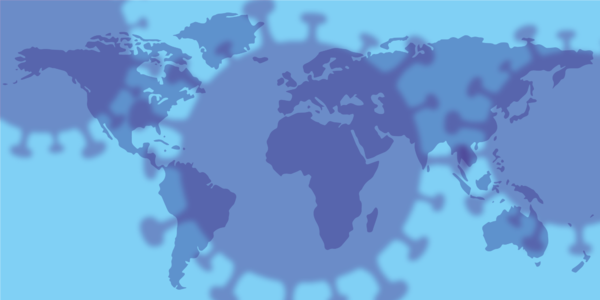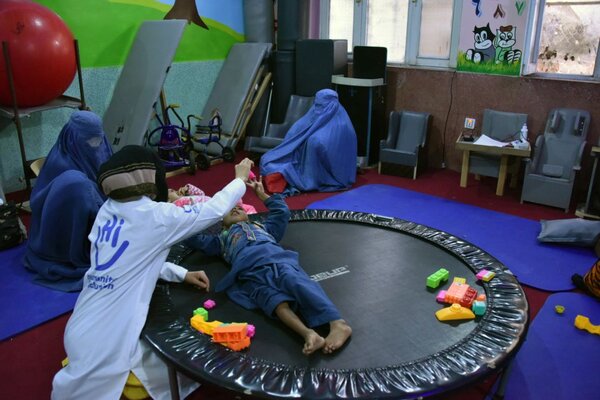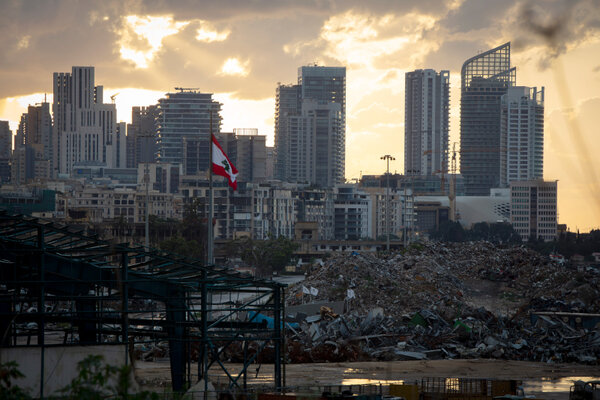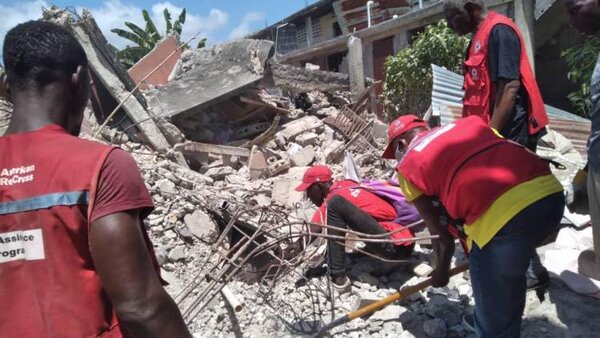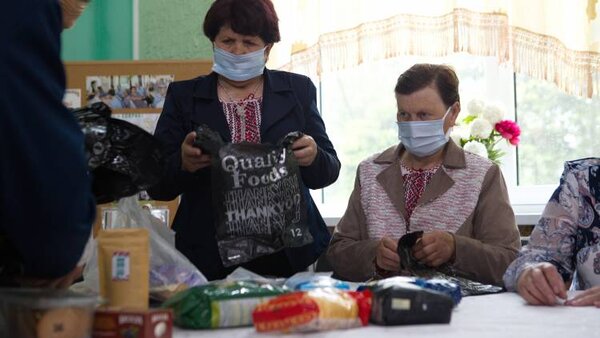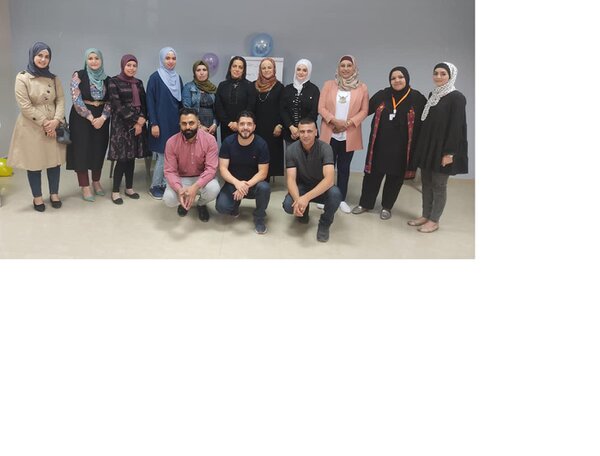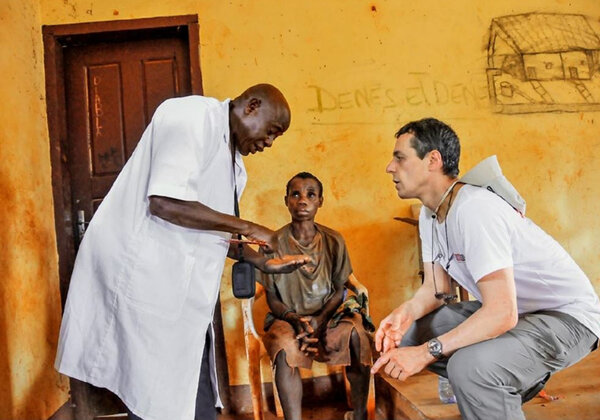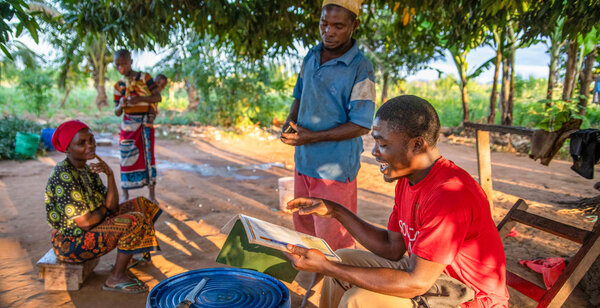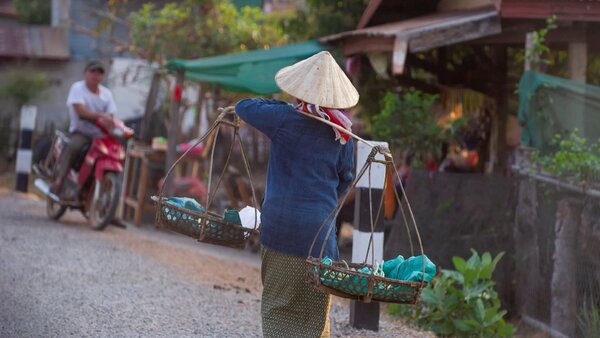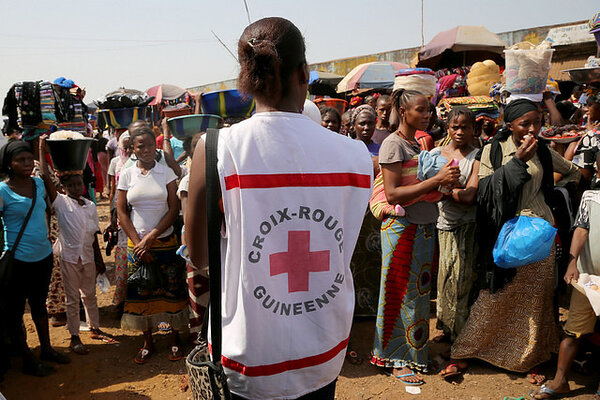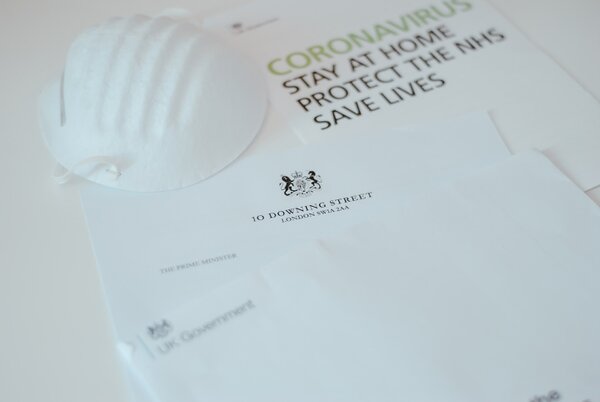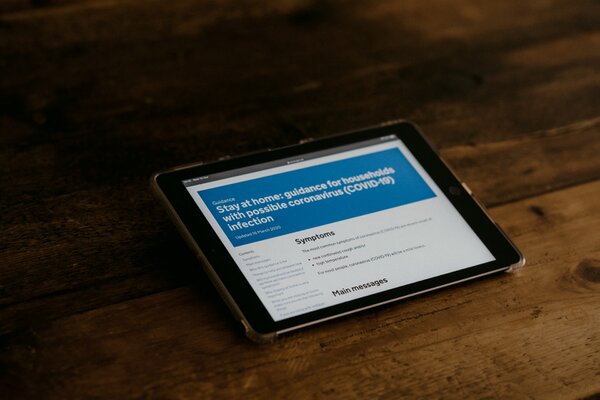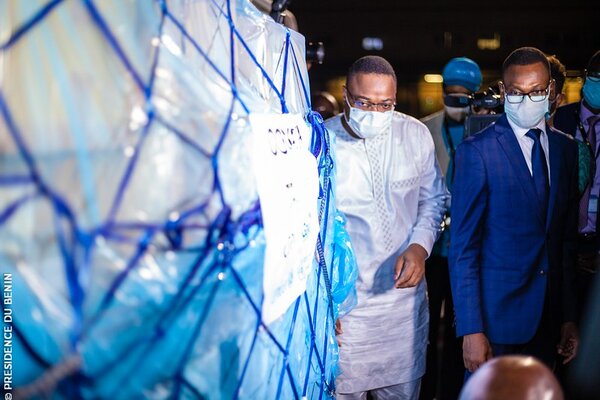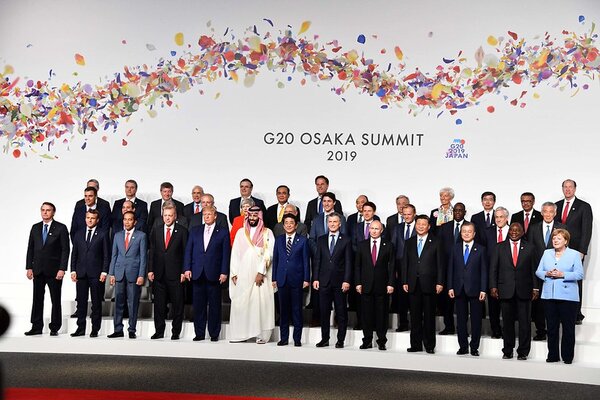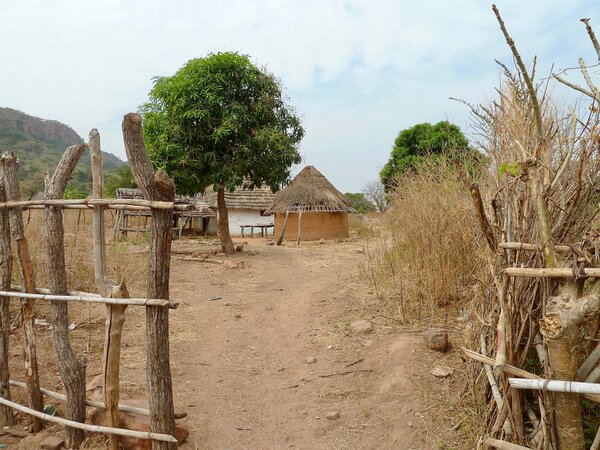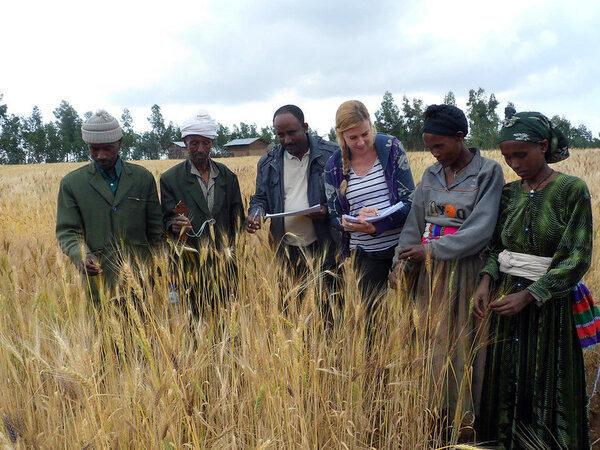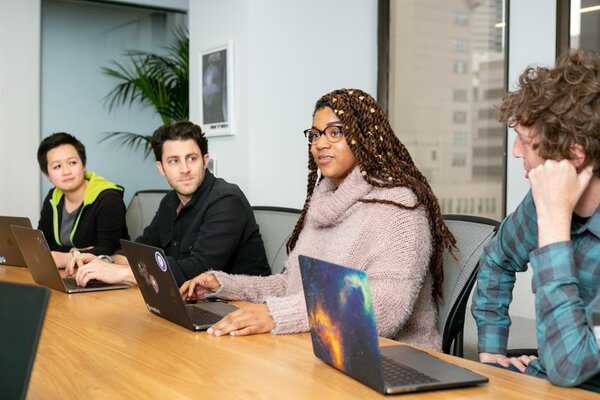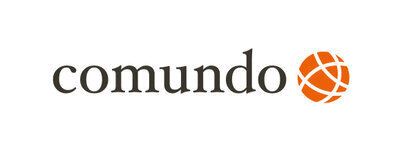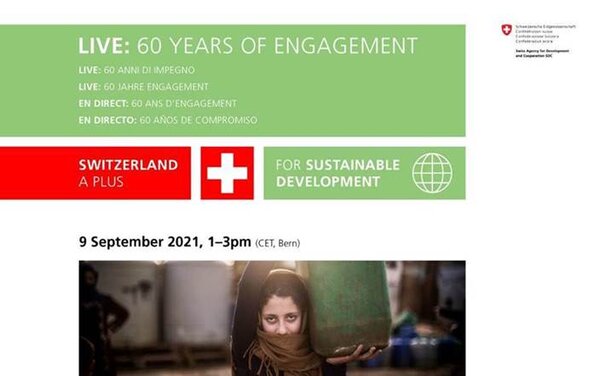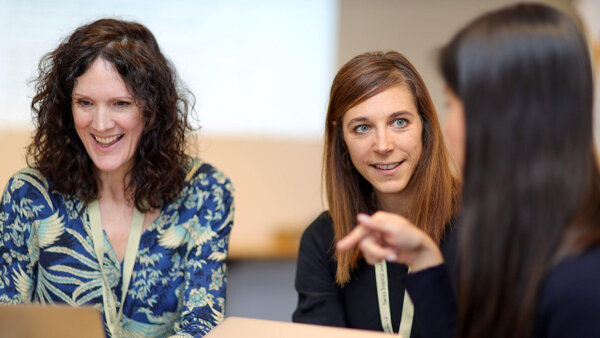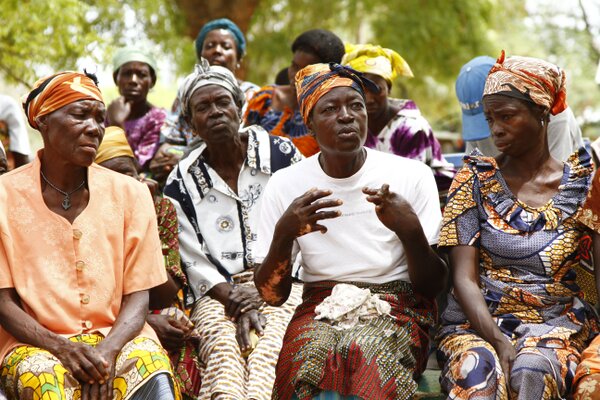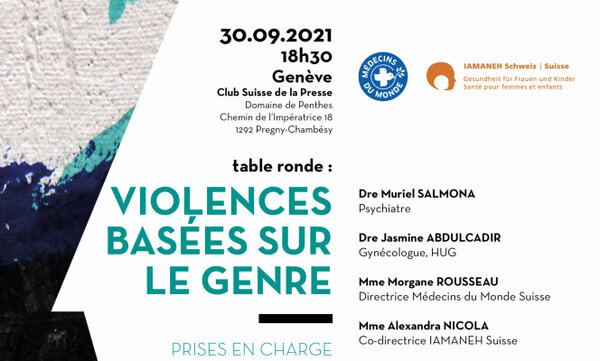La réunion « open board meeting » a traité, sous forme de workshop, les thèmes de la Santé sexuelle et reproductive et les droits y relatifs, du travail politique en faveur de la santé pour tous, de divers aspects concrets de la pratique de la coopération en matière de santé, de la santé numérique (e-santé) – et, sans surprise, elle a examiné les impacts du Covid-19 sur l’avenir de la coopération internationale.
Comprendre plus précisément les impacts du Covid-19
Il est largement avéré que la pandémie et les mesures prises pour lutter contre cette dernière se sont répercutées négativement sur divers autres programmes sanitaires. Cependant, les organisations travaillant sur cette thématique estiment qu’il est nécessaire de générer davantage de connaissances sur ce point. En font partie, notamment, les retombées sur les programmes de lutte contre le VIH ou la tuberculose et les mesures – souvent omises – de lutte contre les maladies non transmissibles.
Se basant sur leurs expériences, les organisations membres voient également la nécessité de se pencher davantage sur les questions suivantes : lors de la lutte contre la pandémie, comment peuvent-elles mieux interpeller leurs groupes-cibles, vivant dans des régions à faibles ressources, avec des informations adaptées? Et comment peuvent-elles, en particulier à l’aide de telles informations, contribuer à réduire le scepticisme existant à l’égard de la vaccination ?
Les préparatifs en vue de la prochaine pandémie en tant que défi politique
Dans un cadre politique plus vaste, la préparation relative aux pandémies futures constituera une question clé. À l’heure qu’il est, l’OMS travaille à un accord international qui doit fixer un cadre global afin que la communauté mondiale ne doive pas, pendant une crise, examiner par un débat certaines décisions et fixer des choix adéquats. Ce contrat d’envergure internationale sera discuté, en novembre, lors d’une session extraordinaire de l’Assemblée mondiale de la Santé (AMS), et devrait, en définitive, être adopté en mai 2022 par la session ordinaire de l’AMS. Du point de vue des membres de MMS, ce contrat doit garantir, qu’à l’avenir, l’égalité et l’équité seront le fil rouge des mesures à prendre.
Sur la base des discussions de jeudi dernier, le secrétariat et le comité travailleront sur un programme détaillé pour 2022. Le Covid-19 reste un thème majeur, c’est pourquoi, certaines des questions abordées ici, seront traitées de manière détaillée dans le cadre de notre symposium annuel qui aura lieu à Bâle le 3 novembre 2021.
Martin Leschhorn Strebel
Réseau Medicus Mundi Suisse
E-Mail


